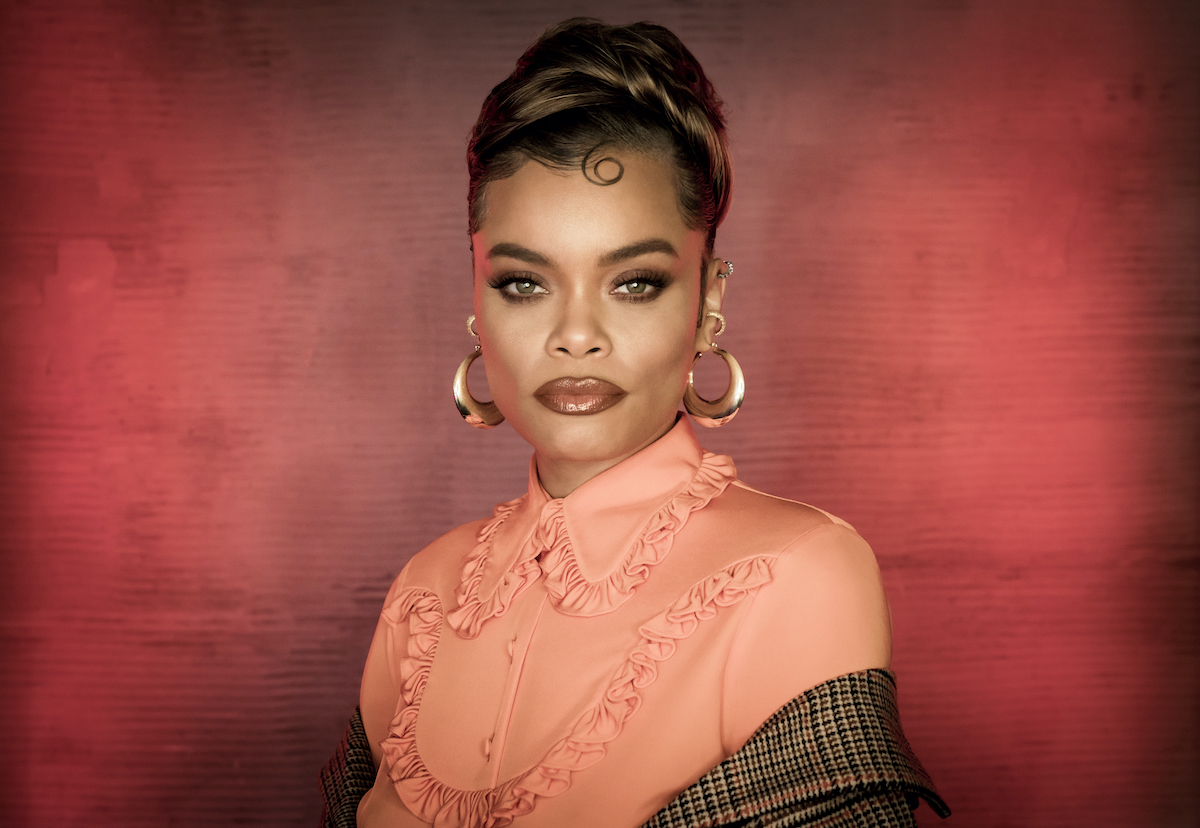My 10 Minutes with Andra Day
A Quick Conversation with the Oscar-Nominated Singer/Actress Being Honored with SBIFF’s Virtuoso Award

A Quick Conversation with the Oscar-Nominated Singer/Actress Being Honored with SBIFF’s Virtuoso Award

Already an esteemed artist due to her Grammy-nominated debut album, Cheers to the Fall, in 2015, Andra Day can now add “actress” to her repertoire — and she’s a decorated one at that. In her first role as a lead actress, starring as the iconic Billie Holiday in Hulu’s biopic The United States vs. Billie Holiday, Day scored a Golden Globe win and an Academy Award nomination for Best Actress.
Day chuckled when I asked what the transition was like from her past film experiences — namely, a pre-recorded song at the end of Cars 3 — to her exalted status today. “There was no transition,” she said.
But she knew the subject matter well, having idolized Billie Holiday since age 11. Even the “Day” part of Andra’s stage name is a reference to Billie, who was affectionately known as “Lady Day.”
She was reluctant to step into the cinematic shoes of her idol. “I didn’t want to ruin her legacy by being bad,” she joked. But she felt the call and rose to it, crediting “heavy prayer, the script, and daily conversations with [director] Lee [Daniels]” for her growing comfort in the role.
“For people of color, and especially black women, you don’t often get to show the layers that a person can have,” said Day. “A lot of them are one-note characters. Can she be selfish? Can she make mistakes? Can she be sad?”
Born in 1915, Holiday was a legendary jazz singer whose voice was piercing but whose legacy was tarnished by her issues with drugs and alcohol. The film follows Holiday as she struggles to navigate the space in between being a human and being a star. The FBI saw her 1939 song “Strange Fruit” as a threat, for the early example of a Civil Rights protest song describes the black victims of lynching in the South as “strange fruit hangin’ from the poplar trees.”
Despite being warned, Holiday continued to perform the song and eventually spent time in jail in 1947. After her release, she performed to a sold-out, integrated audience at Carnegie Hall in 1948. However, her vices had caused her health to severely deteriorate, and she died of cirrhosis in 1959.
Day said part of the challenge in playing the role was making Billie Holiday loveable. “We’re not allowed to reflect these layers and cultivate these layers, and I think that these are what makes her story important, especially for a queer black woman in the ’30s,” said Day. “She loved women, and she was often attracted to very violent men. What’s the trauma that causes her to make these decisions? I wanted to vindicate her legacy. She wasn’t just a drug addict or an alcoholic.”
Day and I didn’t get to speak for very long on Zoom, as her assistant told us time was up after about 10 minutes. But the singer/actress let me sneak one more question in, so I asked about how embodying Holiday might influence her music and acting to come.
“Her spirit colors my work,” replied Day. “It’s colored it since I was 11 or 12. Whatever I do, I want it to have weight. There are so many suppressed narratives. It’s going to dictate the roles that I choose from now on. Music can be fun, but I want to show narratives that have been suppressed.”
Andra Day will be honored with Riz Ahmed, Maria Bakalova, Kingsley Ben-Adir, Sidney Flanigan, Vanessa Kirby, Tahar Rahim, and Zendaya with SBIFF’s Virtuosos Award on Saturday, April 3, at 6 p.m.
Please note this login is to submit events or press releases. Use this page here to login for your Independent subscription
Not a member? Sign up here.